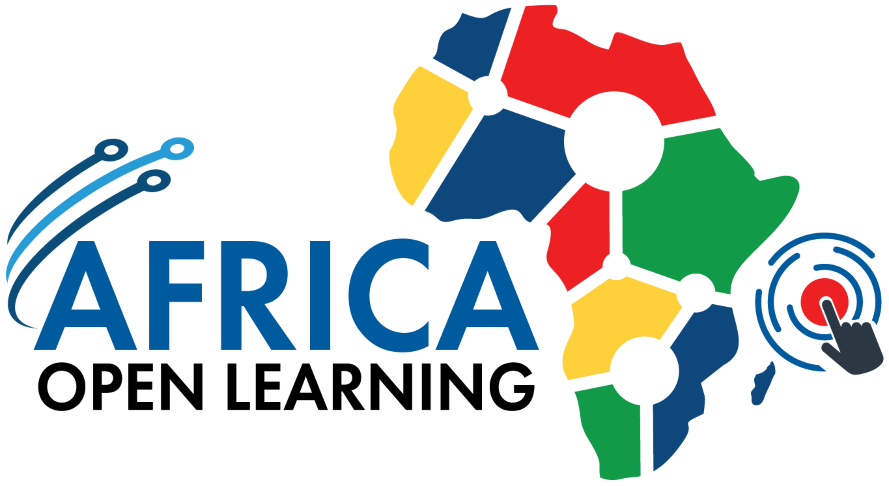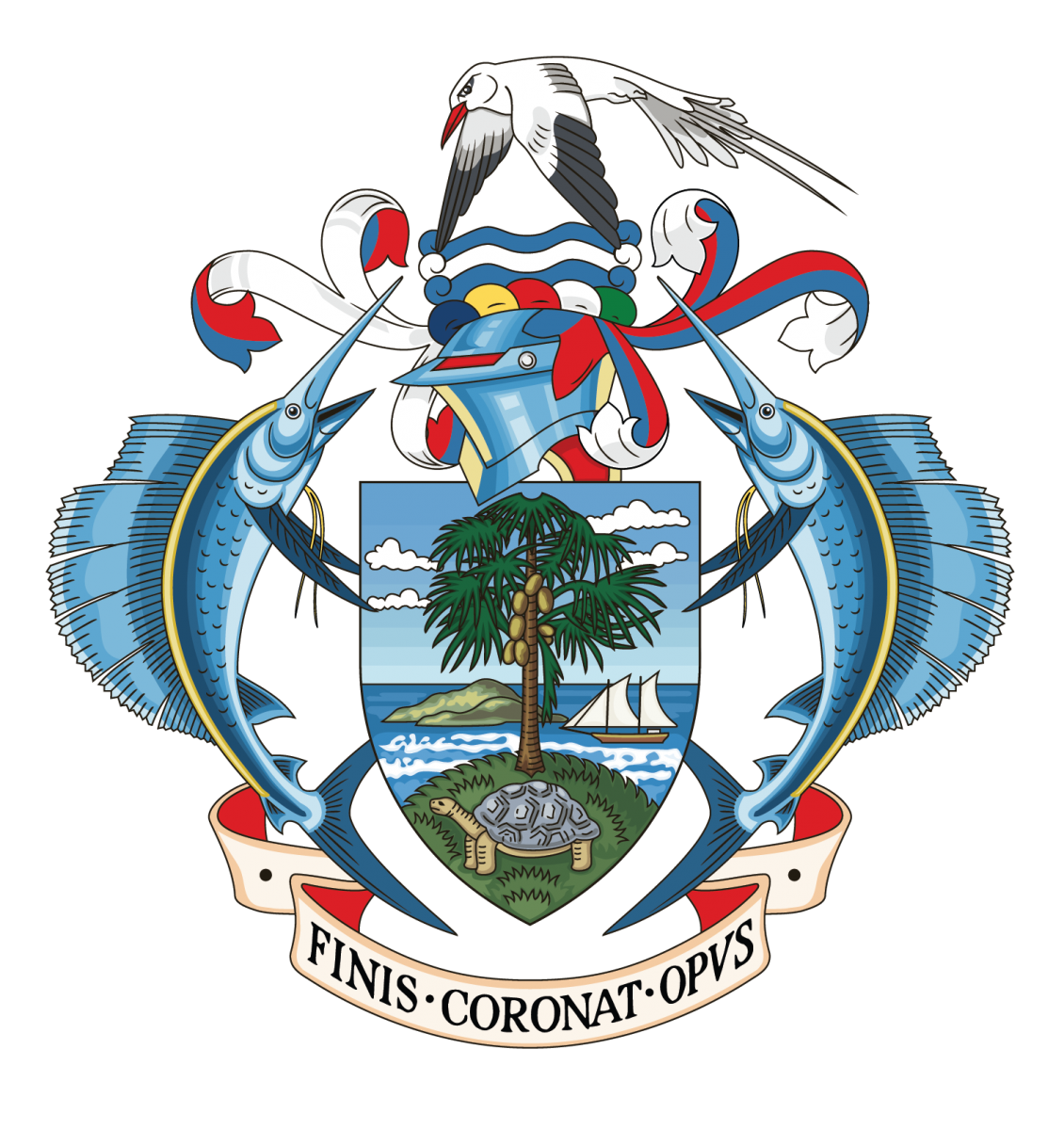Flexible Learning That Enhances Your Potential
Micro-credential certification in Substance Abuse PSY3194 (BPSY)
Overview:
Awarding Body:
 This programme is designed, delivered, assessed and awarded by SEGi University through the Africa Open Learning Platform.
This programme is designed, delivered, assessed and awarded by SEGi University through the Africa Open Learning Platform.
Endorsement & Recognition:
Discipline:
Psychology
Entry Requirements:
Entry Requirements - No
Age Experience - 23 Years Above
Language Proficiency - Yes
Numeracy Proficiency - No
Pre-requisites - No
Contents:
- The Role of the Mental Health Professional in Prevention and Treatment
- The Need for Generalist Training
- Philosophical Orientation
- Professional Orientation
- Attitudes and Beliefs
- Denial, Minimization, Projection, and Rationalization
- Helping Attitudes and Behaviors
- Classification of Drugs
- Case Examples
- Comprehensive Drug Abuse Prevention and Control Act
- The Concept of Dangerousness
- Definitions
- The Neurobiology of Addiction
- Central Nervous System Depressants
- Central Nervous System Stimulants
- Opioids
- Hallucinogens
- Cannabinols
- Inhalants and Volatile Hydrocarbons
- Anabolic Steroids
- Club Drugs
- Drugs Used in the Treatment of Mental Disorders
- Models of Addiction
- The Moral Model
- Sociocultural Models of Addiction
- Psychological Models of Addiction
- Disease Concept of Addiction
- Biopsychosocial Model of Addiction
- "creening, Assessment, and Diagnosis
- Definitions of Use, Misuse, Abuse, and Dependence or Addiction
- Screening
- Psychosocial History
- Signs of Adolescent Substance Abuse
- Self-Report Inventories
- Referral
- Diagnosis
- Motivational Interviewing and Brief Interventions
- Client Engagement
- Motivational Interviewing
- Brief Interventions
- Treatment of Alcohol and Other Drugs (AOD)
- Recovery Oriented Systems of Care
- How Many Are in Treatment? How Many Need Treatment?
- What Happens in Treatment?
- Treatment Strategies and Techniques
- Treatment Settings
- Principles of Effective Treatment
- Evidence-Based Treatment
- Treatment and Special Populations
- Case Example Applications
- Treatment Effectiveness
- Special Problems in Treatment
- Relapse Prevention and Recovery
- Need for Generalist Training in Relapse Prevention
- Definitions of Slip and Relapse
- Frequency of Slips and Relapse
- Is Relapse in Addiction Similar to Other Chronic Conditions?
- Models of Relapse Prevention
- Essential Components of Relapse Prevention
- Preventing Slips from Escalating
- Recovery
- Co-occurring Disorders and Other Special Populations
- Early clinical and research approaches
- Recent clinical approaches
- Twelve Step and Other Types of Support Groups
- Alcoholics Anonymous
- Other Twelve-Step Groups
- Advantages and Disadvantages of Twelve-Step Groups
- Other Types of Support Groups
- Case Example Applications
- Children and Families
- Children’s Exposure to Alcohol and Other Drugs
- Family Exposure to Alcohol and Other Drugs
- Intergenerational Transmission of Alcoholism
- Women and Alcoholism
- Stepfamilies: System and Structure
- Helping Families
- Adult Children and Codependency
- Adult Children of Alcoholics (ACOAs)
- Assessment and Treatment Considerations
- Codependency
- Implications for Mental Health Professionals
- Relationship of ACOA, AA, Al-Anon, and Codependency
- Codependency and Diversity
- HIV/AIDS
- Incidence and Prevalence
- Myths and Facts about HIV and AIDS
- Risk Factors and High-Risk Populations
- Assessment of Clients for HIV and AIDS: Signs and Symptoms
- Helping HIV-Infected Clients
- HIV-Related Issues Specific to the Helping Professional
- Gambling and Other Behavioral Addictions
- Prevalence of Gambling and Gambling Problems
- Definitions of Gamblers and Problem Gambling
- Assessment and Diagnosis
- Treatment, Resources, and Support
- Other Addictions
- Food Addiction: The Eating Disorders
- Addiction to Sex and Love
- Internet Addiction
- Addiction to Work: Workaholism
- Assessment and Treatment Issues
- Prevention
- Why Are Prevention Efforts Needed?
- Policy Issues in Prevention
- Prevention Classification Systems
- What Works in Prevention
- Case Example Applications
- Evidence-Based Prevention
- Prevention Resources
- Prevention Specialists
Assessments:
Coursework - 60%
Exam - 40%
Credit Transfer:
Upon successful completion of this Micro-credential certification in Substance Abuse (BPSY), students will be able to transfer grades and credits into the following programme(s):
- Bachelor of Psychology
Continuing Education:
Upon successful completion of this Bachelor of Psychology programme and meeting the necessary entry requirements, students will be able to progress into the following programme(s):
- Master of Psychology

